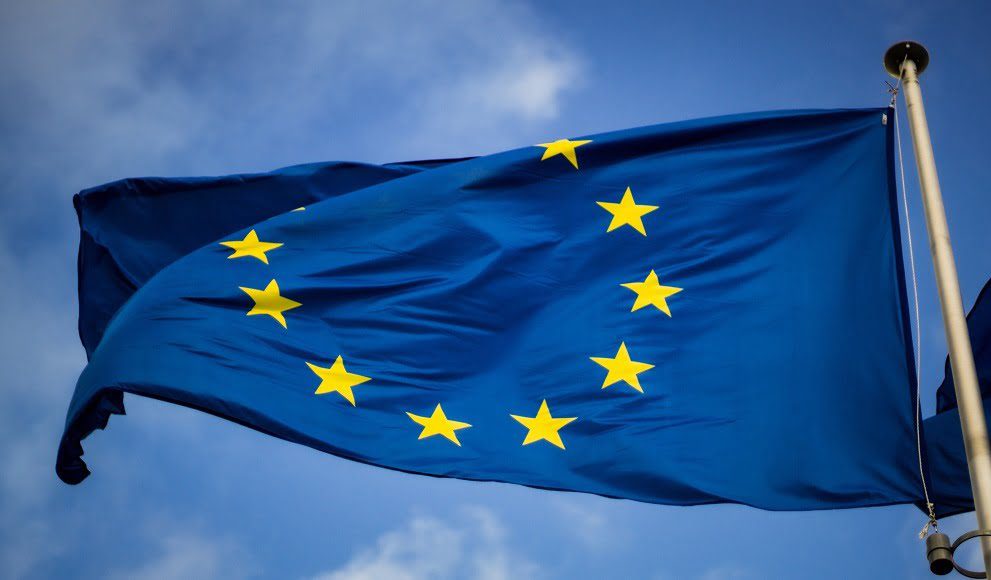
Generative AI Chatbots and the EU’s GDPR
Google recently announced the evolution of its conversational AI assistant, Google Bard, including the expansion of its availability to 180 countries and territories. However, notably missing from the list are all 27 member states of the European Union (EU) and Canada. With the EU’s General Data Protection Regulation (GDPR) known for its stringent data protection policies, there is growing suspicion that the GDPR is the reason behind Bard’s omission in the EU.
In this article, we’ll delve into the possible policy violations Bard may present in the EU, explore GDPR’s impact on the use of AI, and take a look at the current regulatory landscape for AI.
The absence of Bard in the EU: Possible GDPR violations
The Italian government’s temporary ban on OpenAI’s ChatGPT in April highlighted the country’s active privacy regulators and their measures around transparency, data subjects’ right, and algorithmic training relying on users’ data. OpenAI eventually complied with the measures and resumed availability in Italy.
The GDPR guarantees EU users the right to access, rectification, erasure, restriction of processing, data portability, and objection, as well as the right to reject automated decision-making such as profiling. Companies risk fines if their AI training data does not comply with these rights.
By not releasing Bard in the EU, Google avoids the possibility of facing similar measures, which could hamper its ability to provide the service. The GDPR’s looming presence raises questions about how Bard could function with compliance in the EU.

GDPR and AI: The impact on the use of AI
As AI’s constant development and growth implies a need for further evolution, lawmakers, tech firms, privacy and AI advocates, and individuals will continue to debate AI law questions. GDPR is known to be one of the strictest data protection regulations globally and could impact the development and use of AI.
Some believe that regulations like the GDPR could deter AI innovation, while others argue that GDPR can lead to better and safer AI development. The UK is already looking to regulate AI, and the EU’s Artificial Intelligence Act is set to be a landmark legislation for AI regulation.
In its recent draft, the EU’s Artificial Intelligence Act has banned facial recognition in public areas, prompting ire from some tech groups like Europe’s Computer & Communications Industry Association (CCIA). However, the CCIA praised the updated draft for raising the bar for what sort of AI would be classified as “high risk.”
As the world grapples with the explosive growth of generative AI chatbots alongside user privacy, the GDPR’s impact on the development and use of AI is undeniable. While some may argue that regulations like the GDPR could stifle AI innovation, others believe that GDPR can lead to better and safer AI development.
As AI continues to evolve, lawmakers, tech firms, privacy and AI advocates, and individuals will continue to debate AI law questions. The current regulatory landscape for AI is still in its early stages, but one thing is certain: AI will be an inevitable force for all to reckon with.



